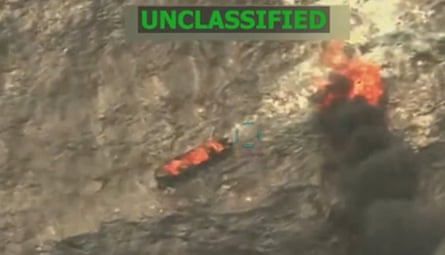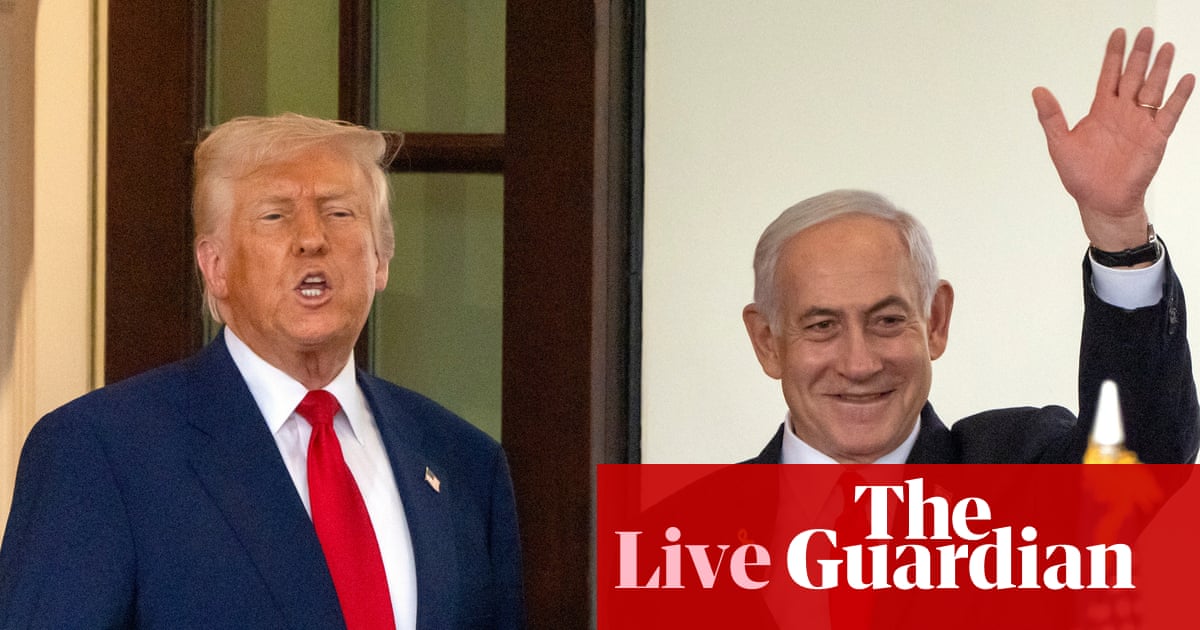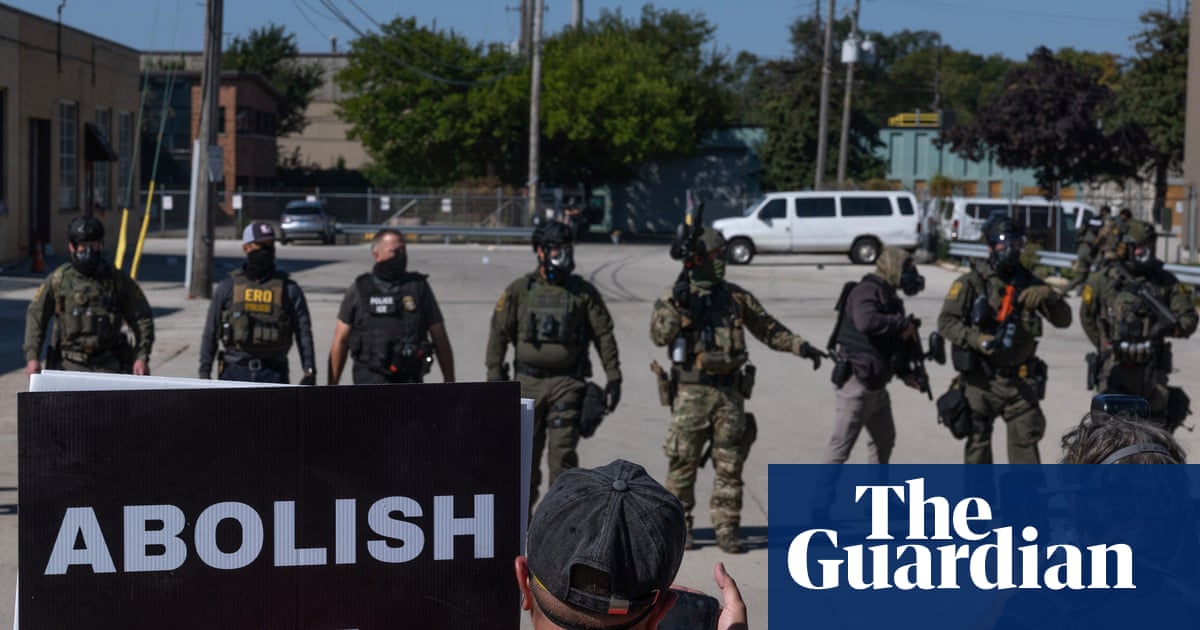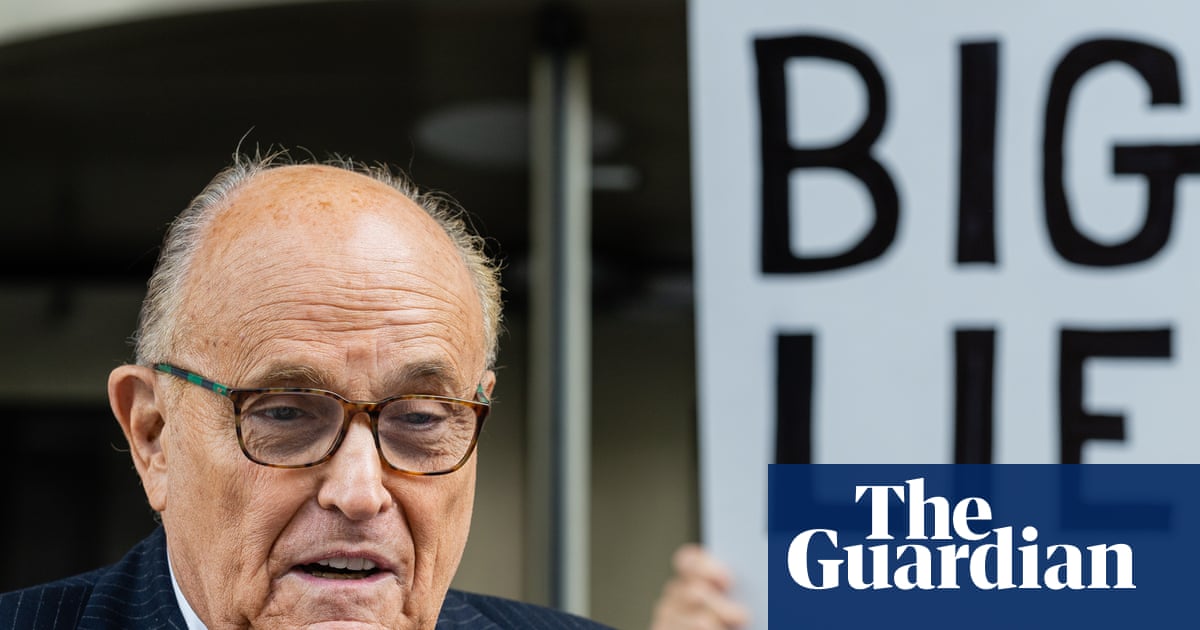Stephen Miller, the White House deputy chief of staff, has played a leading role in directing US strikes against suspected Venezuelan drug boats, according to three people familiar with the situation. At times, his role has superseded that of Marco Rubio, the secretary of state and national security adviser.
The strikes on the Venezuelan boats allegedly carrying narcotics, which the administration has claimed were necessary because interdiction did not work, have been orchestrated through the homeland security council (HSC), which Miller leads as the homeland security adviser.
Miller empowered the HSC earlier this year to become its own entity in Donald Trump’s second term, a notable departure from previous administrations where it was considered part of the national security council and ultimately reported to the national security adviser.
As a result, the HSC has taken the lead on engaging the Venezuelan boats, the people said, a situation evidenced by his top deputy, Tony Salisbury, and others being the gatekeepers to details about what boat to strike until they are about to occur.
That was the case for instance with the second Venezuelan boat hit with hellfire missiles on 15 September. While the White House was informed the Pentagon had identified the boat as a viable target more than four days before, many top White House officials only learned of the impending strike hours before it happened.
A White House spokesperson said in a statement the strikes were directed by Trump, saying he oversaw all elements of foreign policy. “The entire administration is working together to execute the president’s directive with clear success,” the statement said.
But the previously unreported role of Miller – and his massive influence with the president – also explains how striking Venezuelan boats became a major priority, and why Trump has been happy to deploy extraordinary military force to the region.
The US military presence presently involves the Iwo Jima amphibious ready group – including the USS San Antonio, USS Iwo Jima, USS Fort Lauderdale carrying 4,500 sailors – and the 22nd marine expeditionary unit, with 2,200 marines, the Guardian has previously reported.
Miller’s role also opens a window into the dubious legal justification that has been advanced for the strikes, which has been a matter of deep controversy amid allegations it amounted to extrajudicial murder in international waters.

Since the start of the Venezuela campaign, White House officials have sought to justify the strikes internally and externally by claiming Trump was exercising his article II powers, which allows the president to use military force in self defense in limited engagements.
The self defense argument revolves around Trump’s designation of Tren de Aragua as a foreign terrorist organization, a claim advanced by Miller in order to defend the deportations of dozens of Venezuelans earlier this year under the Alien Enemies Act.
The administration claimed that Tren de Aragua had infiltrated the regime of Venezuelan president Nicolás Maduro – and so the presence of the cartel’s members in the US amounted to a “predatory incursion” by a foreign nation, allowing for the deportation of any Venezuelan national.
“It is a drug cartel that is running Venezuela,” Miller told reporters at the White House earlier this month as he characterized Maduro as the head of the cartel. “It is not a government, it is a drug cartel, a narco-trafficking organization that is running Venezuela.”
But the administration has yet to provide concrete evidence that Tren de Aragua has become an instrument of the Venezuelan government, and legal experts contacted for this story said the White House could only justify the strikes if it could make that showing.
A divided three-judge panel at the US court of appeals for the fifth circuit on 2 September ruled that deportations under the Alien Enemies Act were unlawful, because the administration had not met the high burden of showing Tren de Aragua was an arm of the Maduro regime.
It remains unclear who signed off on the legal justification for the strikes. Neither the HSC nor the national security council have dedicated legal advisers like in previous administrations, after the White House started restructuring the national security council in May.
But multiple people said it was approved by the Pentagon general counsel, Earl Matthews, who was until recently a Trump White House lawyer; the justice department; and the White House counsel’s office, which has a lawyer tasked with handling national security council matters.

 German (DE)
German (DE)  English (US)
English (US)  Spanish (ES)
Spanish (ES)  French (FR)
French (FR)  Hindi (IN)
Hindi (IN)  Italian (IT)
Italian (IT)  Russian (RU)
Russian (RU)  2 hours ago
2 hours ago
























Comments